Crown Prince Muhammad Bin Salman, who is the chairperson of the Council of Economic and Development Affairs and the head of the Supreme Committee for Transport and Logistics, unveiled the national transportation and logistics plan on Tuesday, according to the Saudi Press Agency.
The strategy seeks to solidify the Kingdom's position as a worldwide logistics centre linking the three continents, enhance all modes of transportation, and increase synergy between the logistics system and contemporary modes of transportation to assist Saudi Arabia's entire development cycle.
The strategic approach contains several significant projects that will facilitate the achievement of economic and social goals, and the implementation of effective policymaking models to improve institutional work in the transportation network, in maintaining with the ministry's name change from the Ministry of Transport to the Ministry of Transport and Logistics Service providers.
“The strategy can improve human and technological skills in the Kingdom's transport and logistics sector.” It will strengthen our country's link to the worldwide economy and permit us to invest our geographical position between three continents in broadening our economy by constructing an advanced logistics services industry, constructing high-quality service frameworks, and implementing competitive business models to boost efficiency and sustainability in the logistics sector," the Crown said.
"Transportation and logistics are a significant emphasis of the Kingdom's Vision 2030 initiatives and a significant motivating factor for economic sectors toward sustainable growth."
He stated that the strategy seeks to develop infrastructure, launching several frameworks and logistic zones in the Kingdom, incorporating advanced operating models and techniques, and strengthening meaningful collaboration between government and private sectors to accomplish four main goals: reshape Saudi Arabia into a logistics centre, improve livability throughout the Kingdom, and improve fiscal stewardship.
The Crown Prince said that the strategy is intended to propel the Kingdom of Saudi Arabia to fifth place in the world for in-transit passengers, expand international attractions to more than 250, and introduce a new national airline, which would help other sectors like Hajj, Umrah, and tourism accomplish their national goals. In addition, the strategy would attempt to improve the capabilities of the air cargo industry by doubling its potential to more than 4.5 million tonnes.
Concerns regarding maritime transport, he stated, "The approach enables us to achieve a capacity of more than 40 million containers annually, along with all associated investments in developing port infrastructure and strengthening its integration with Kingdom's logistic regions, and broadening its interconnection with global shipping lines, to incorporate with rail and road channels, that contribute to the strategy."
The Crown Prince further stated that railroads offer passenger and freight transport services through a network of 5,330 kilometers of track, 450 kilometers of those are in the Haramain high-speed railway between Makkah and Madinah, the region's largest high-speed transport project.
The strategic approach will increase the overall length of future railways, which is estimated to be 8,080 km, including the "land bridge" project, which will stretch over than 1,300 km and have a capacity of more than 3 million commuters and transit more than 50 million tonnes of freight annually to link the kingdom's ports on the Arabian Gulf coast with ports on the Red Sea coasts, opening up new and appealing prospects by this train route by traveling through contemporary logistic centers, economic hubs, industrial cities, and mining operations.
He added that it will improve the Kingdom's logistic performance index to become one of the top ten in the world, along with an open market for railway operators and investors, that encourages the accomplishment of an essential regional target and interconnection with the Arab Gulf states through a railway line, thus placing the Kingdom as an influential player in regional and international transport economies.
The Crown Prince highlighted that the program is founded on critical foundations such as the Kingdom's key road networks, over which the Kingdom ranks first in the world when it comes to connectivity. The Kingdom will be one of the most technologically advanced nations in terms of road safety and reliability, as the strategy includes numerous initiatives aimed at eliminating road traffic accident victims, adhering to the world's best practices, accomplishing reliable connectivity, and developing public transportation services in Saudi cities.
The Kingdom also aims to achieve goals in sustainability, environmental preservation, reducing energy consumption by 25%, and offering smart solutions to enable travel between cities and the transportation of goods by implementing the most cutting-edge and innovative global technologies, he added.
Another strategy's key goal, as per the Crown Prince, is to increase the transport and logistics sector's contribution to national GDP. Although this sector currently contributes about 6% of the Kingdom's GDP, the strategy intends to boost it to 10% by 2030, making the transport and logistics industry a valuable addition to the national economy, facilitating business expansion, enlarging investment opportunities, and increasing the sector's annual non-oil revenues to about SR45 billion.
“We are grateful for the accomplishments made under the leadership of Custodian of the Two Holy Mosques King Salman, and we intend to make several more for our country and progress its leadership place in the world by expanding efforts and attaining more successes with the help of our extremely ambitious individuals.” We are all optimistic in our capability to accomplish national objectives in line with the Kingdom's Vision 2030,” he added.
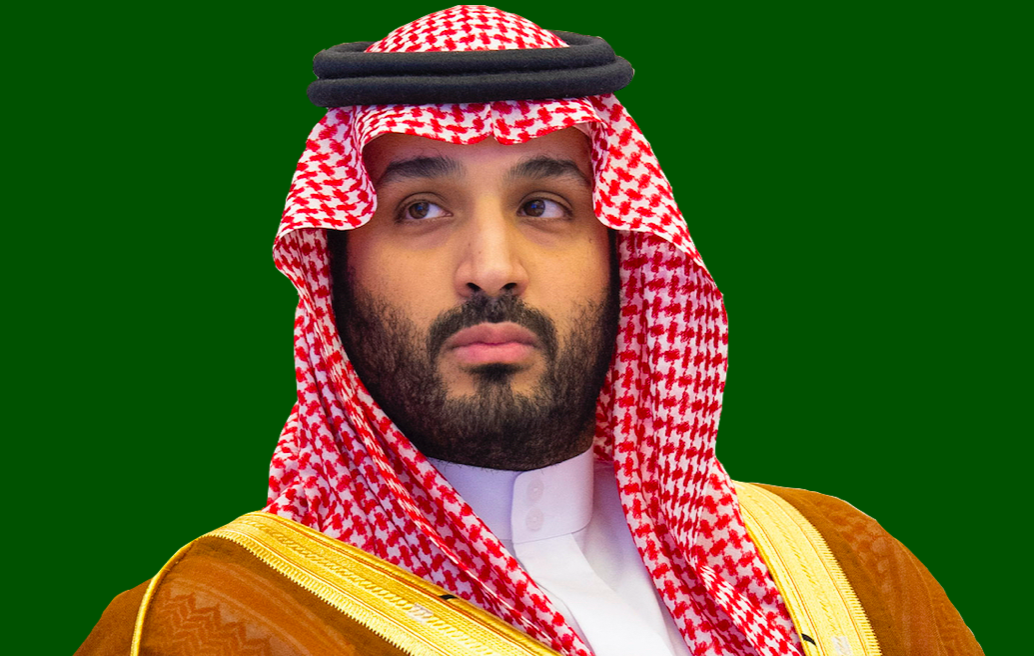
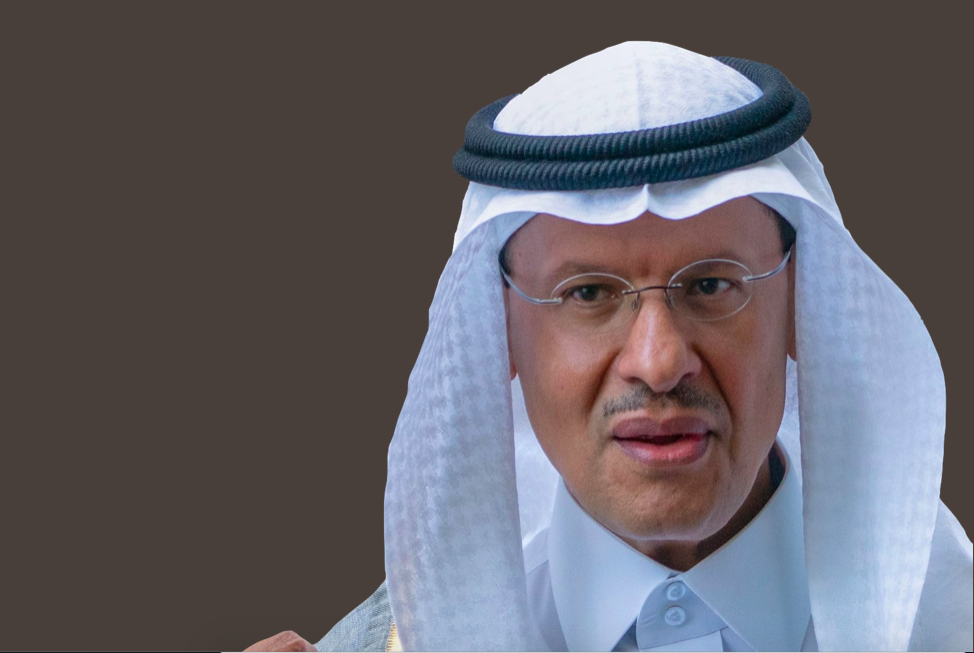
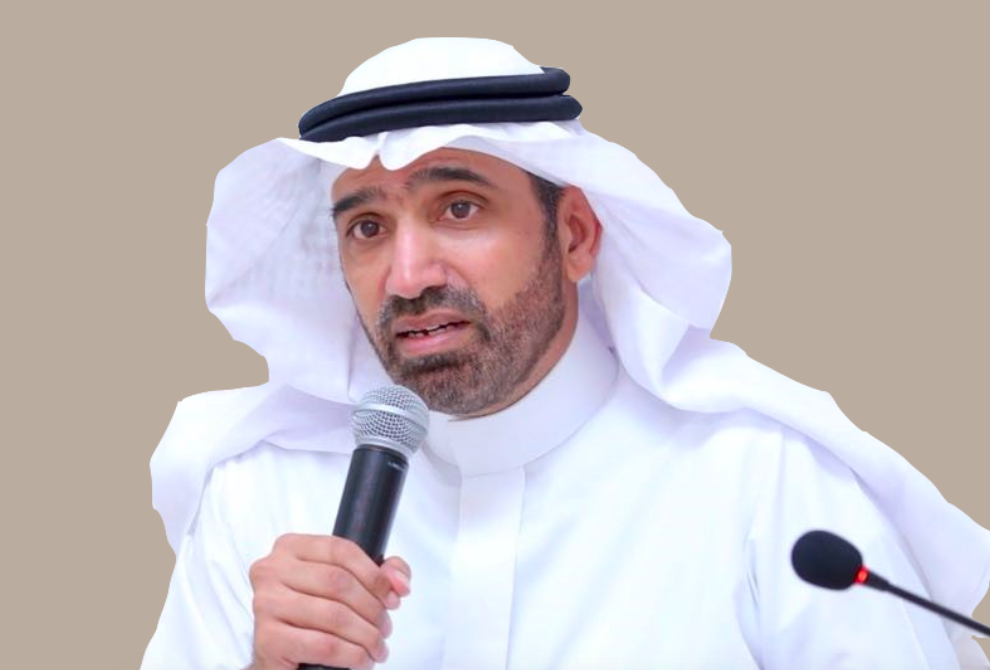
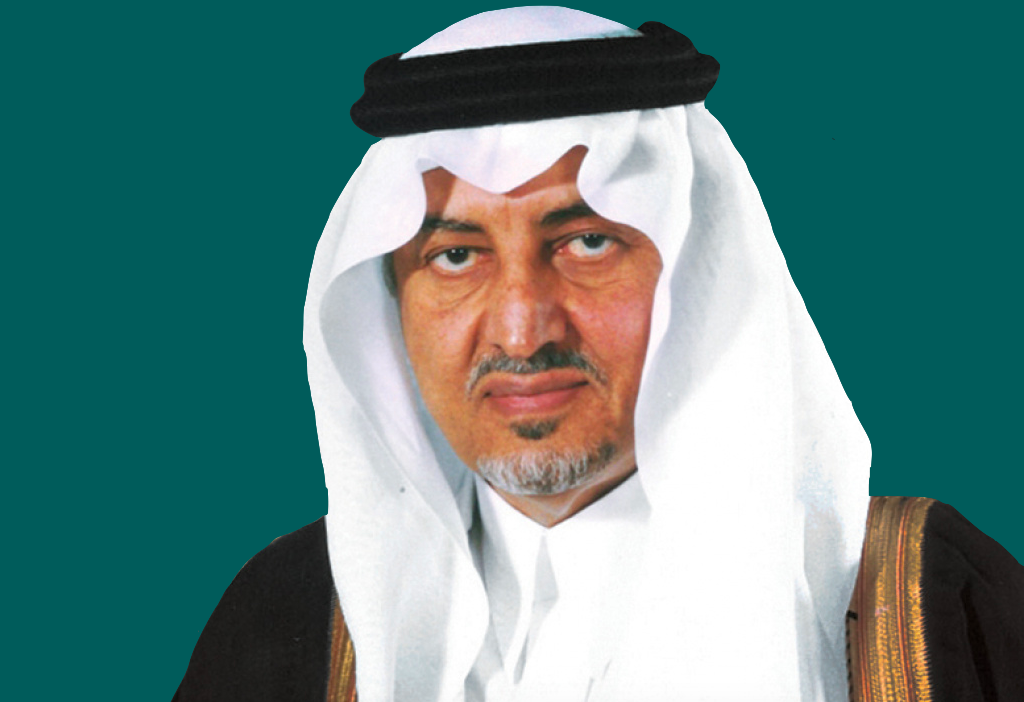
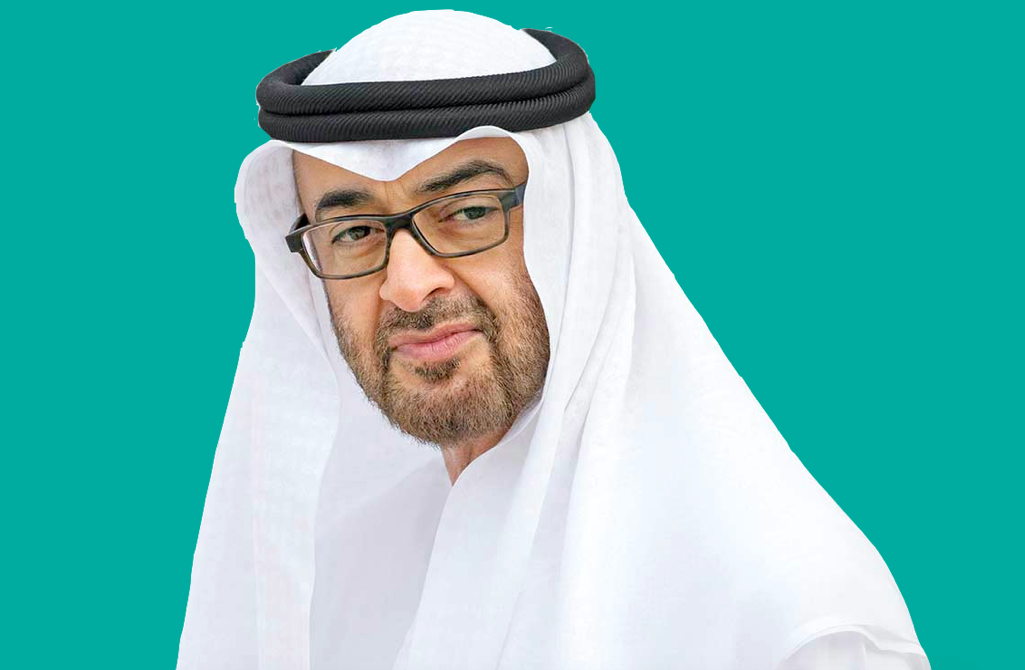
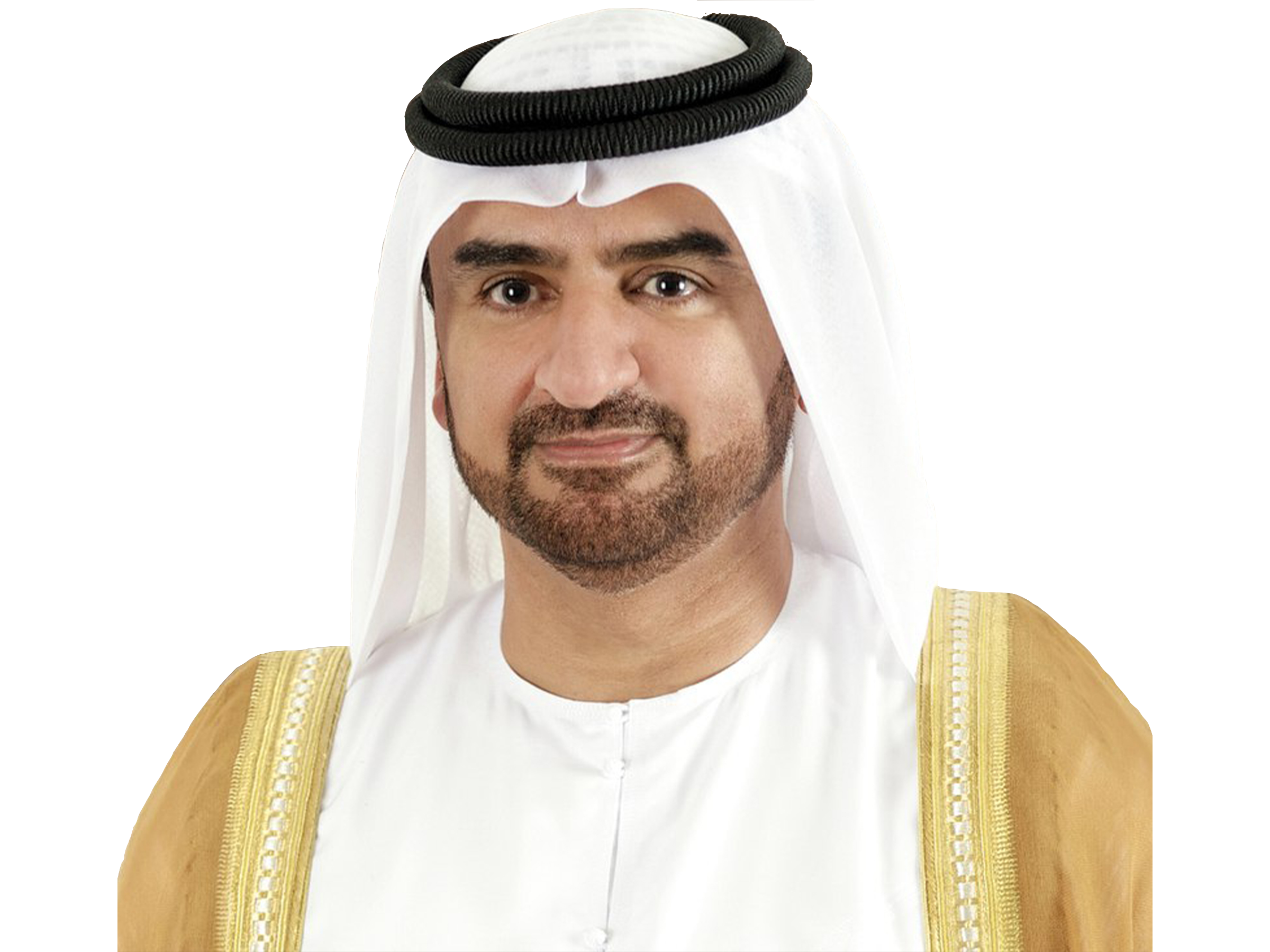
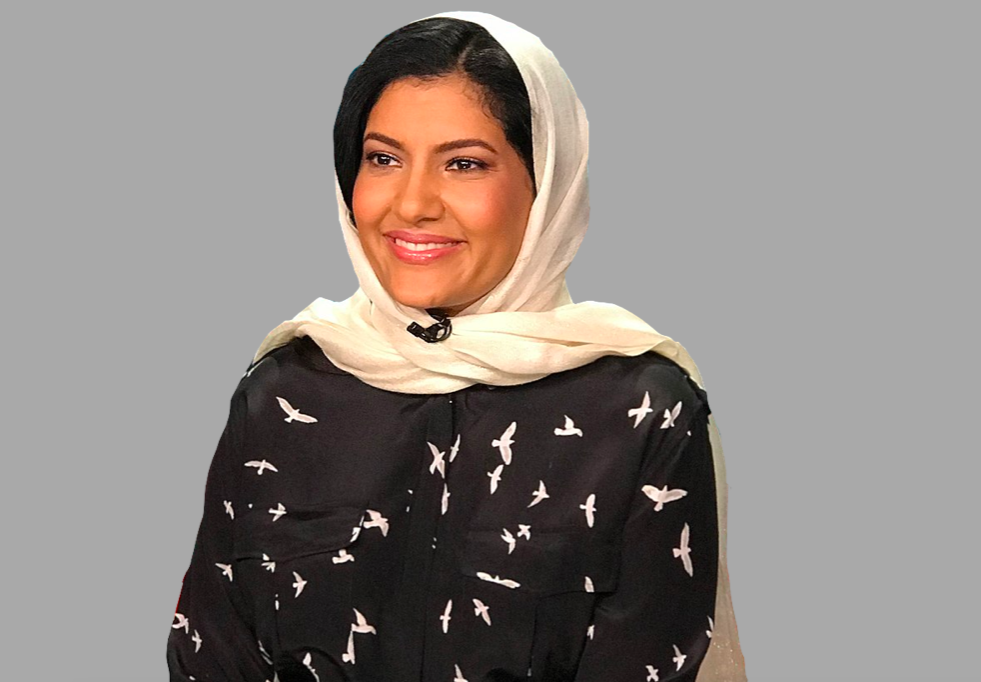
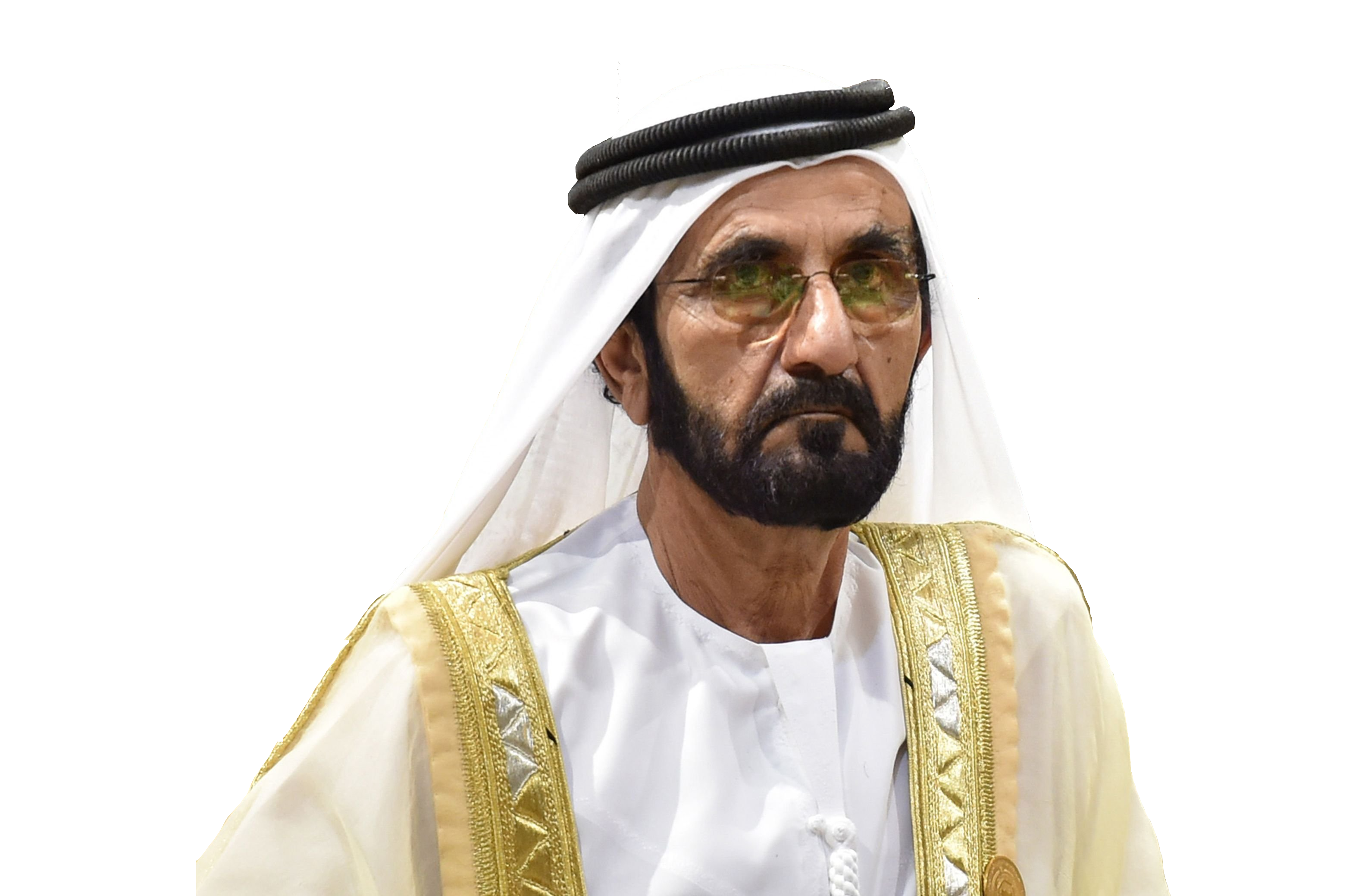
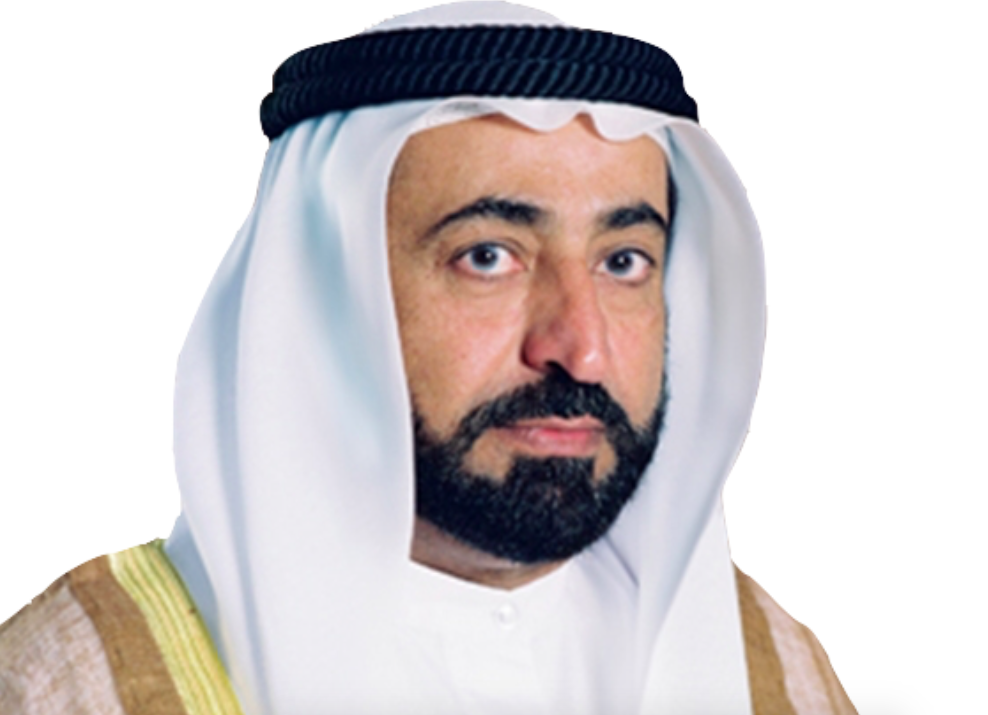
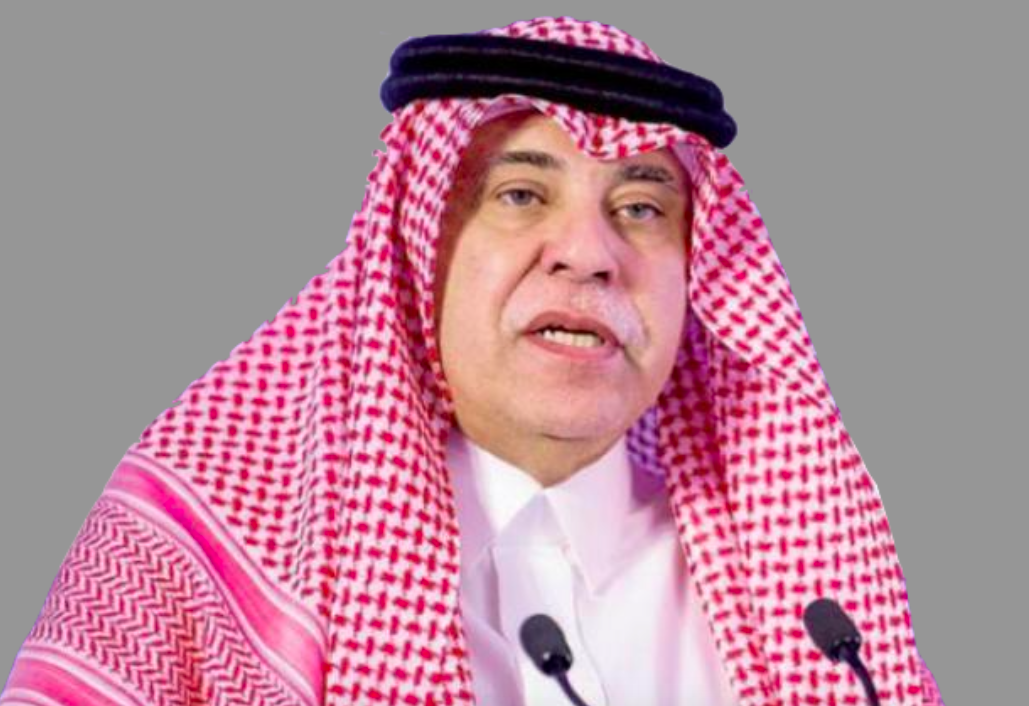
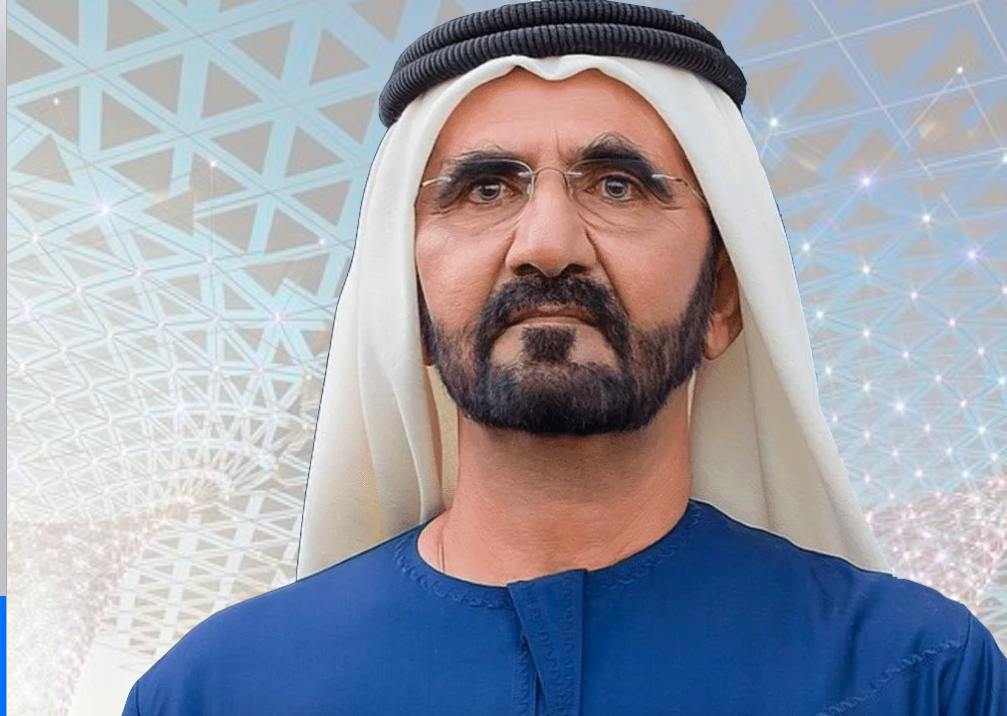
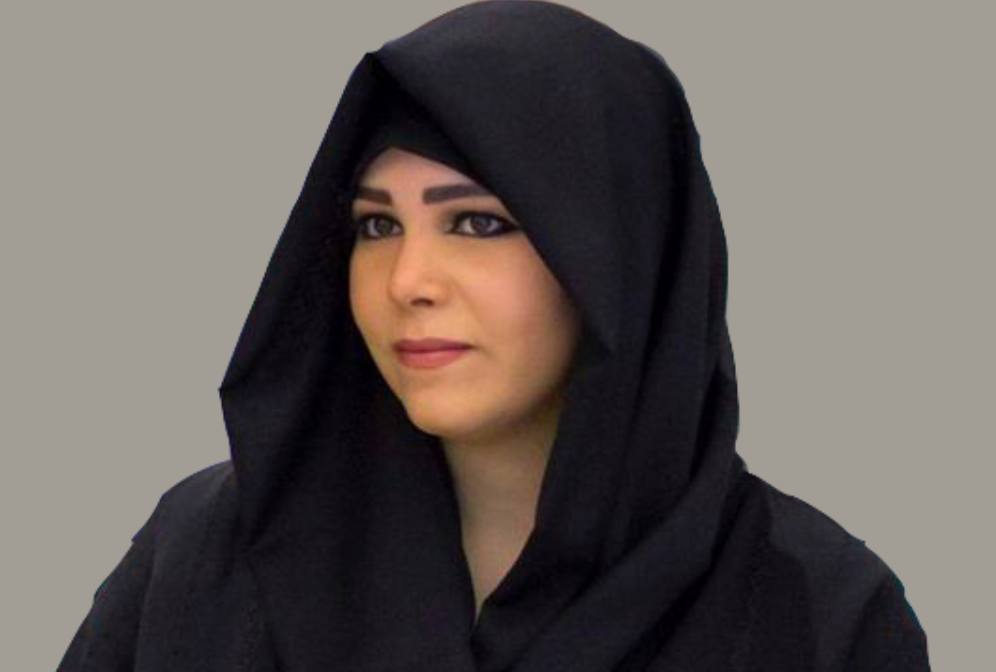
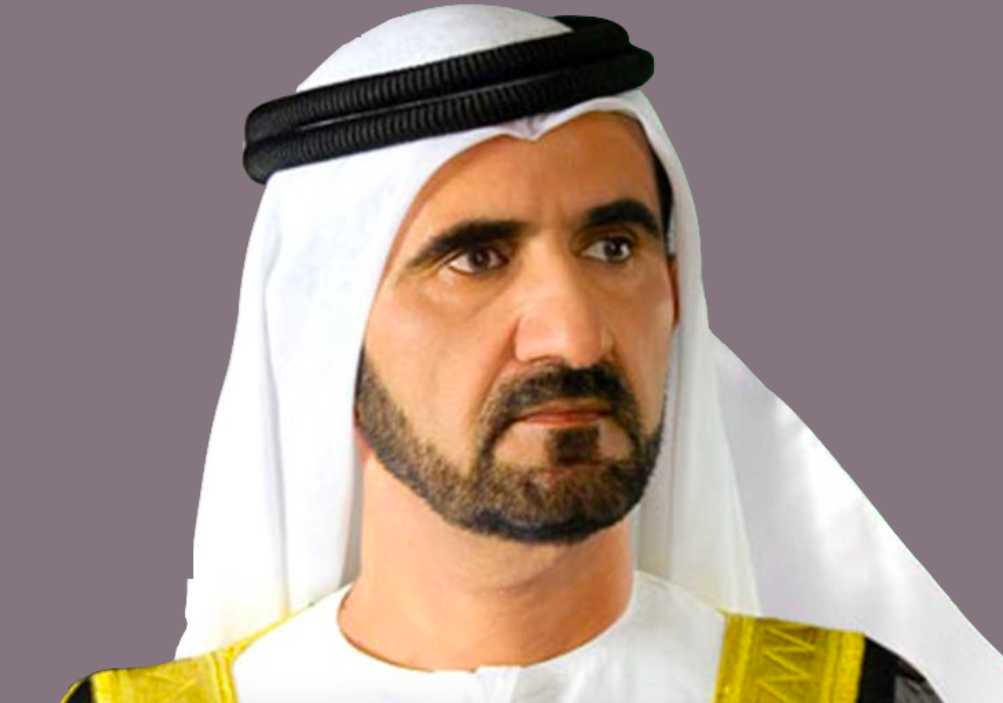
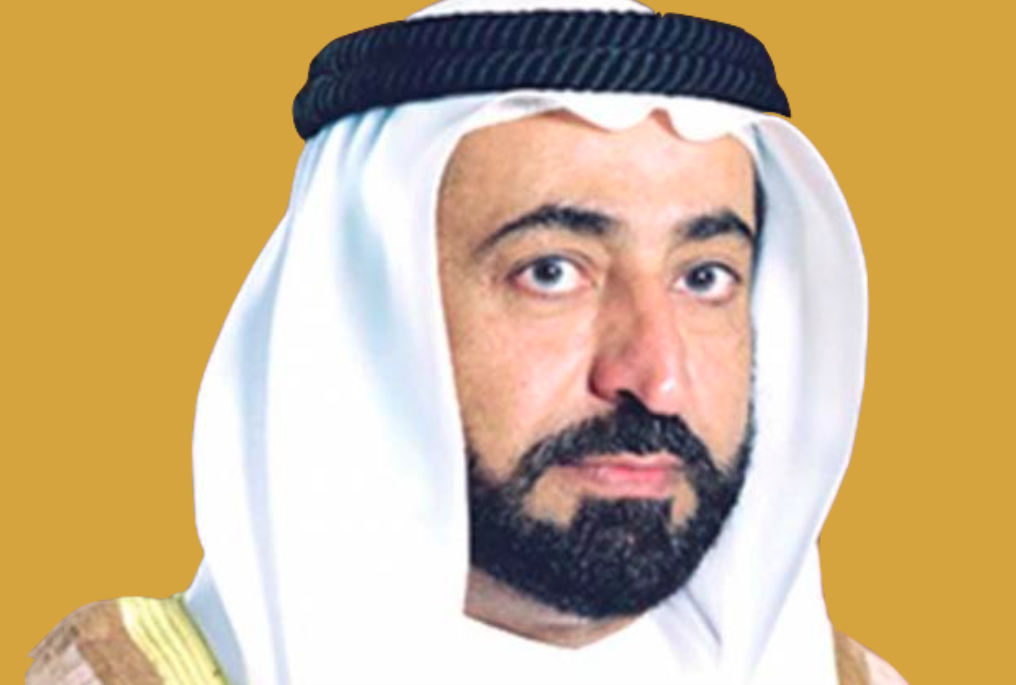
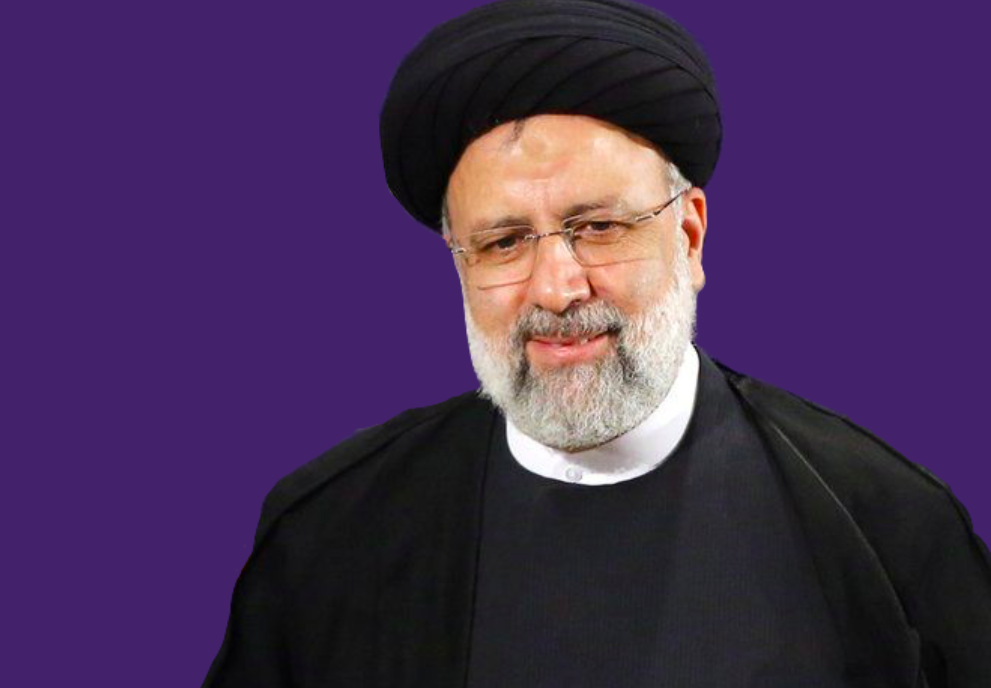

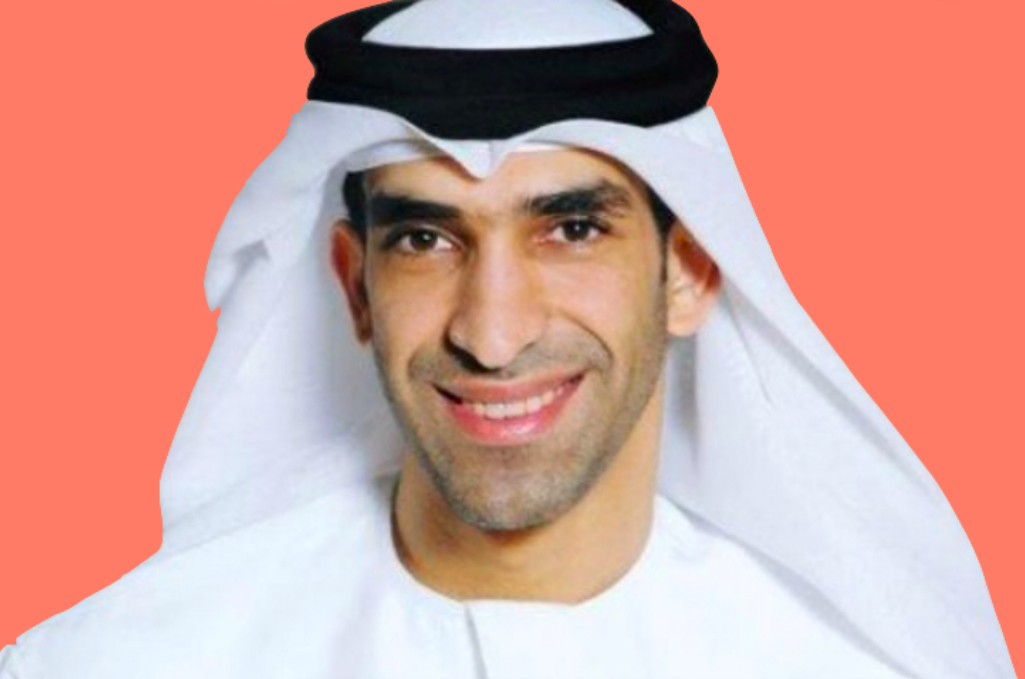
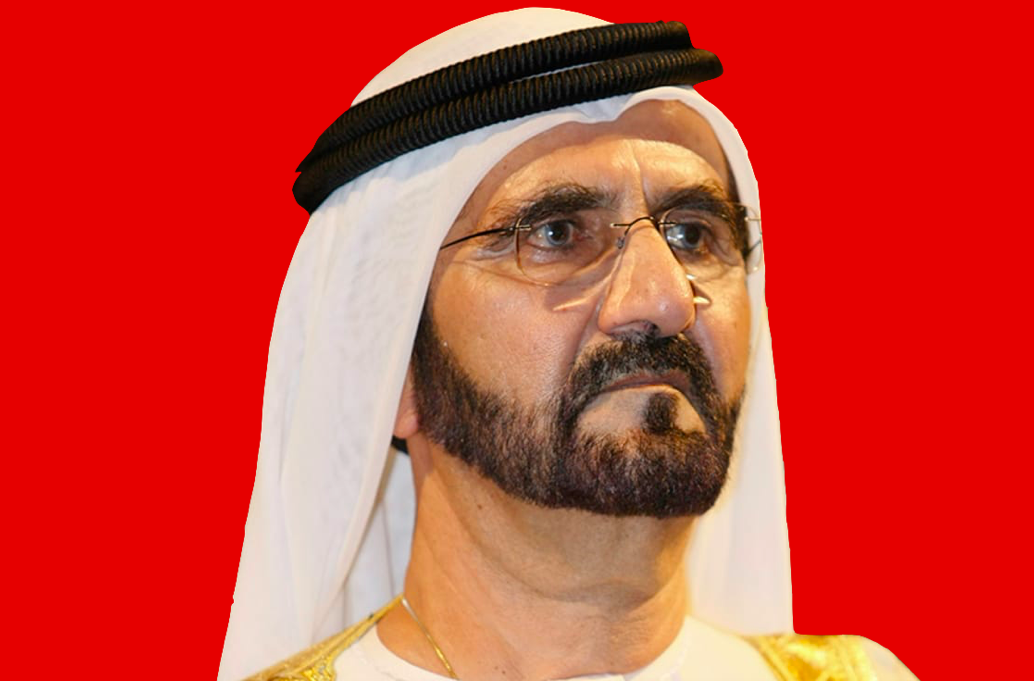
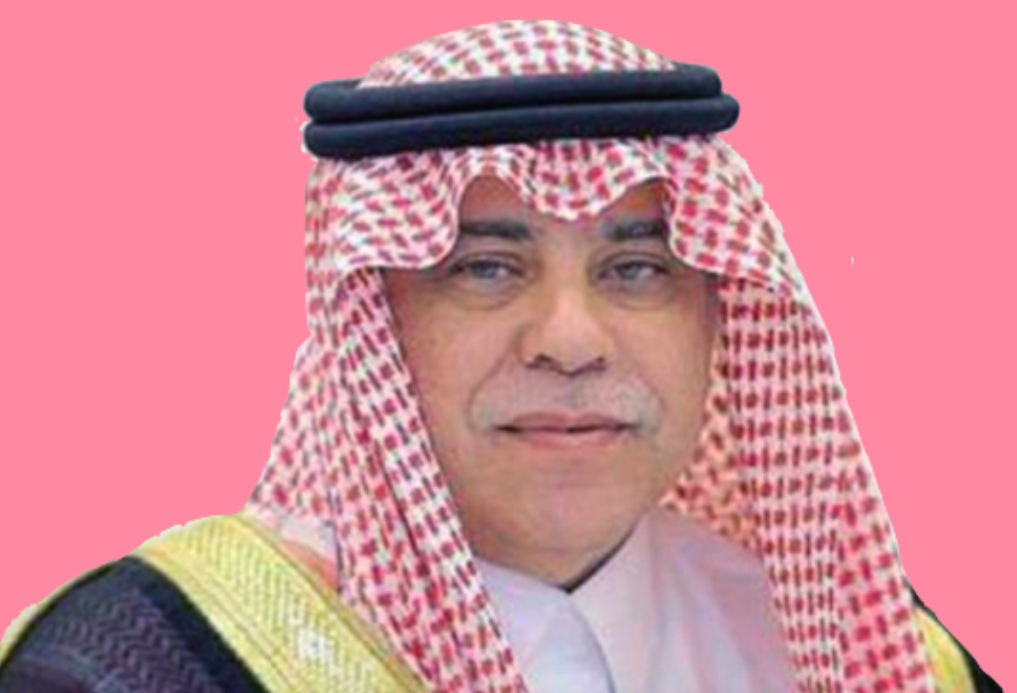





 ENG
ENG


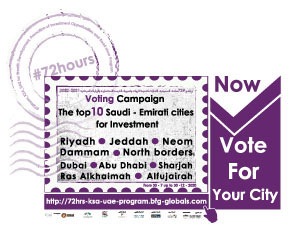

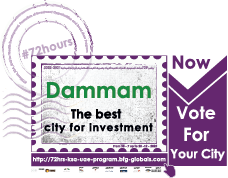


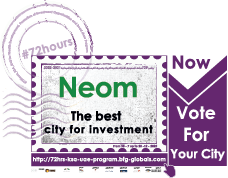
































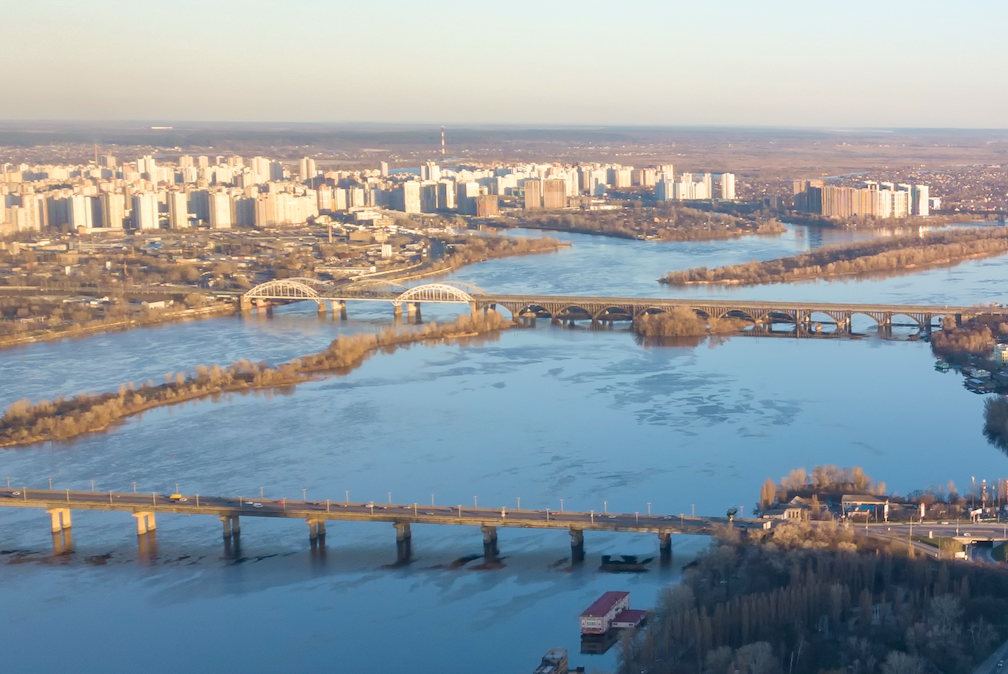
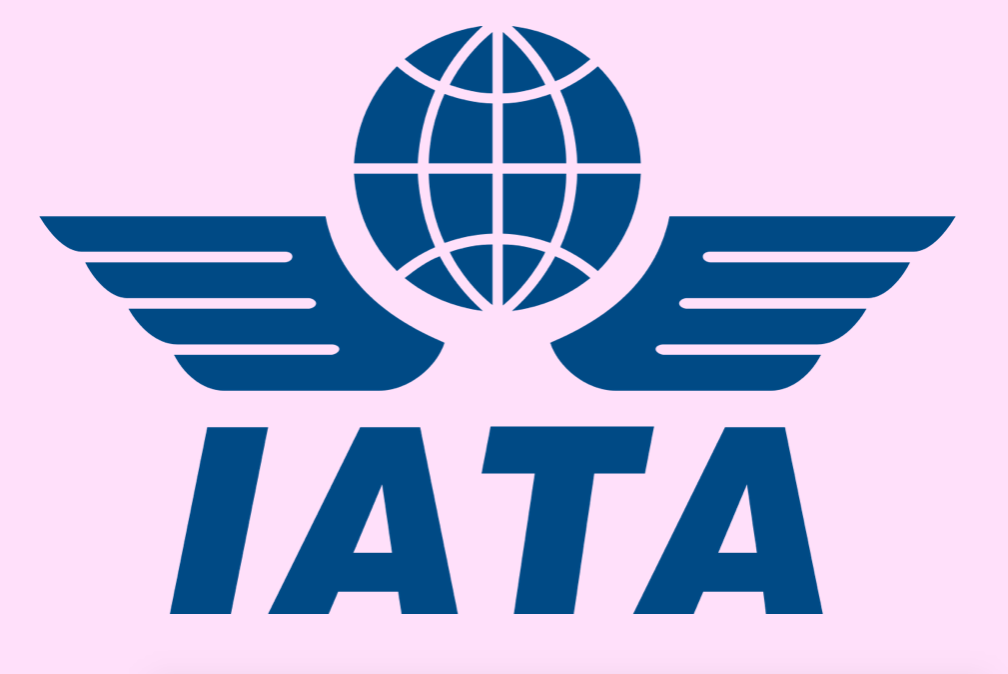


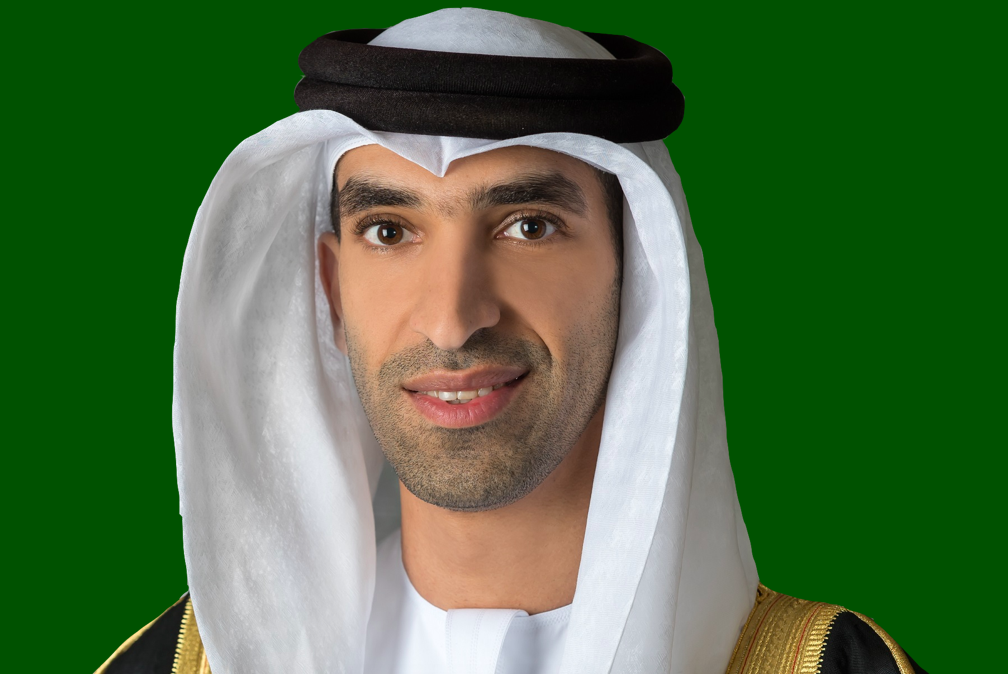








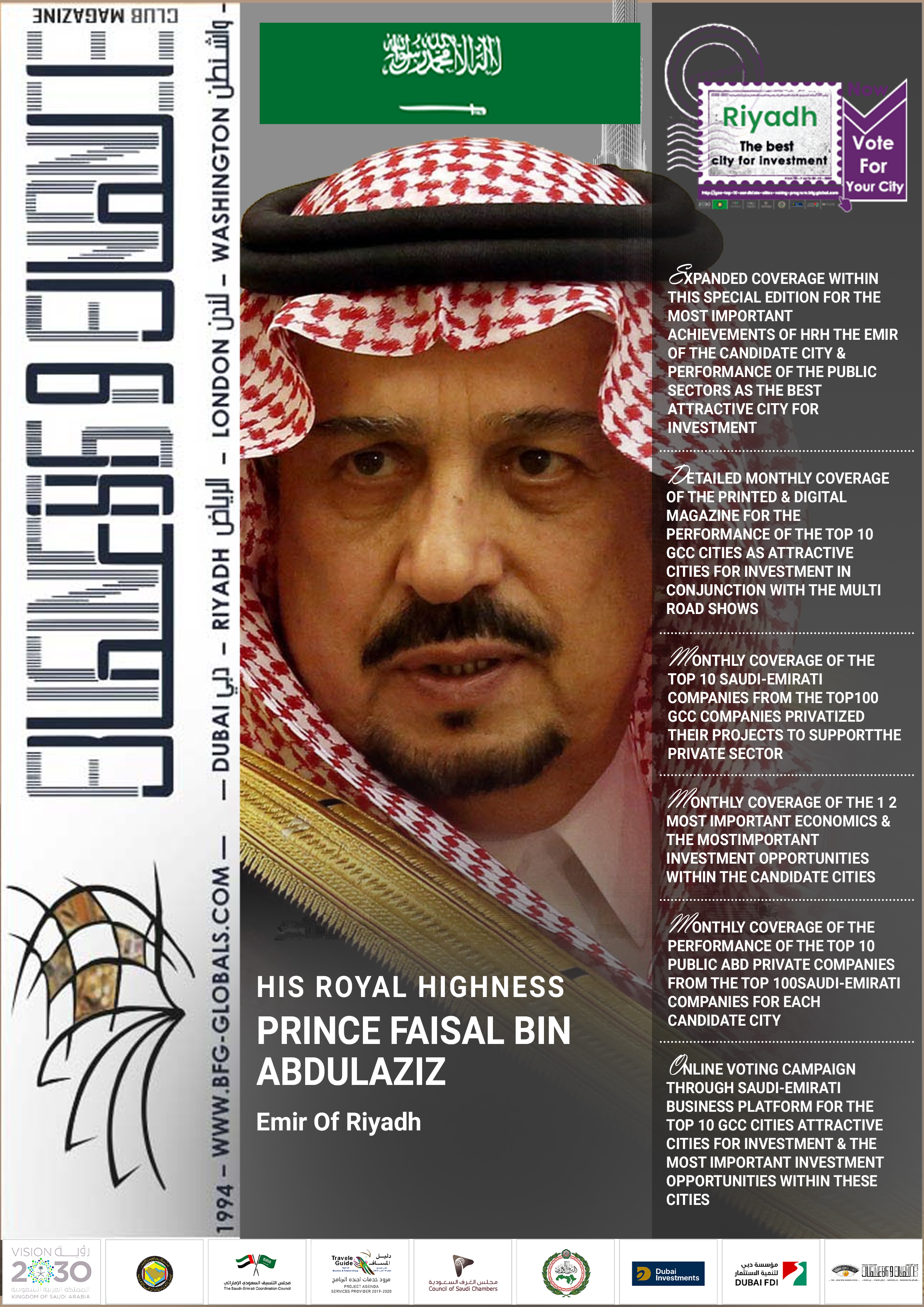
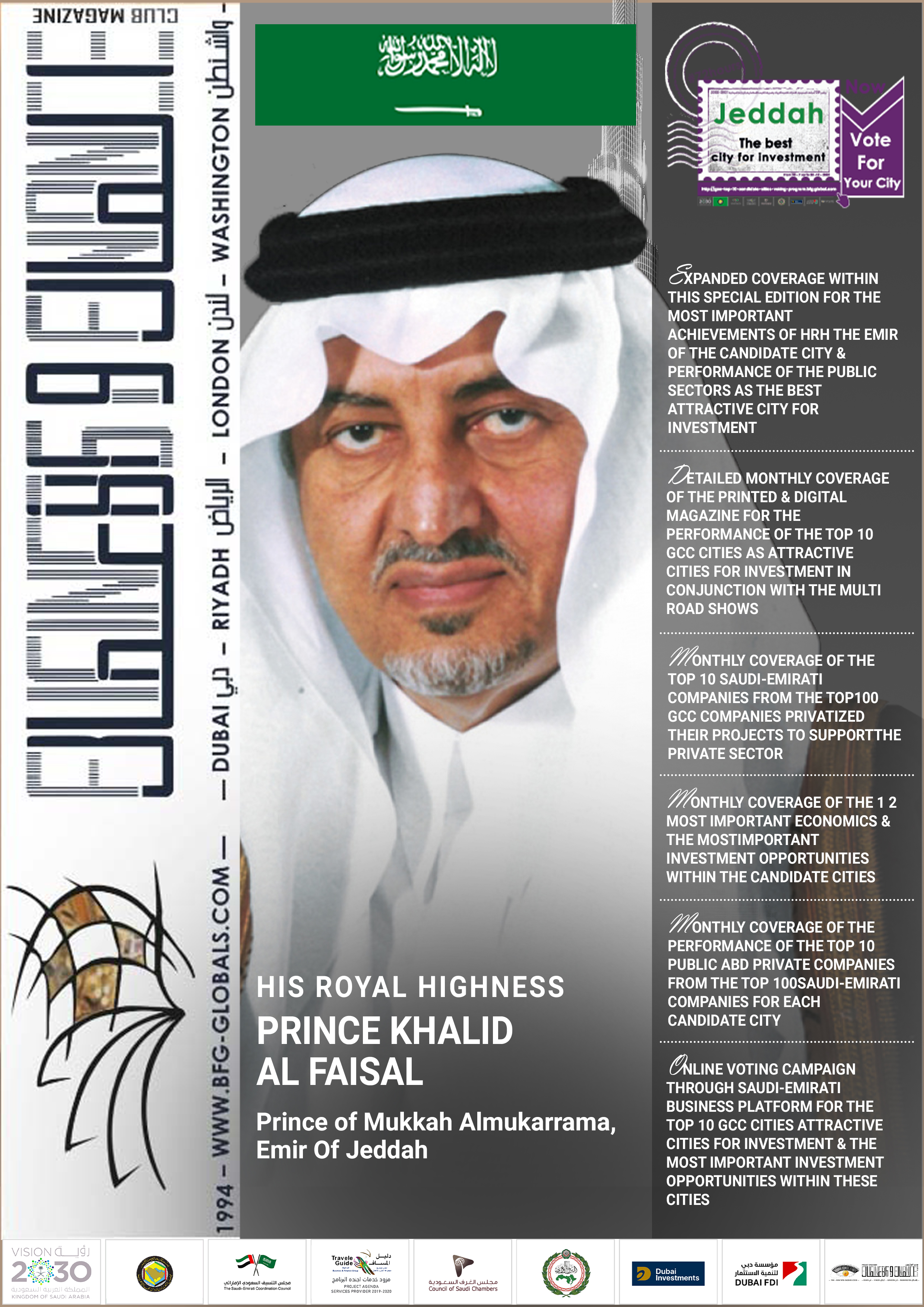
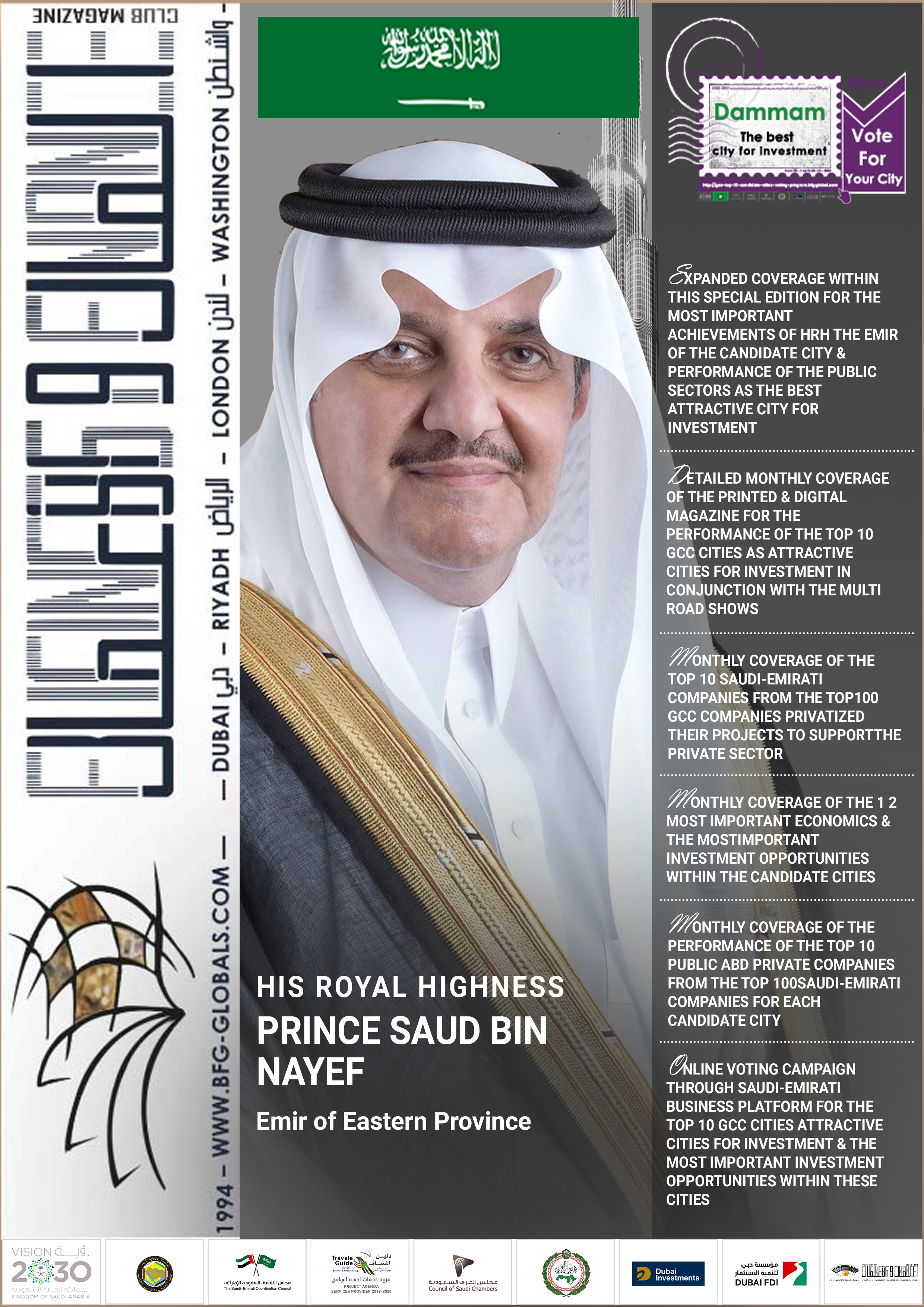
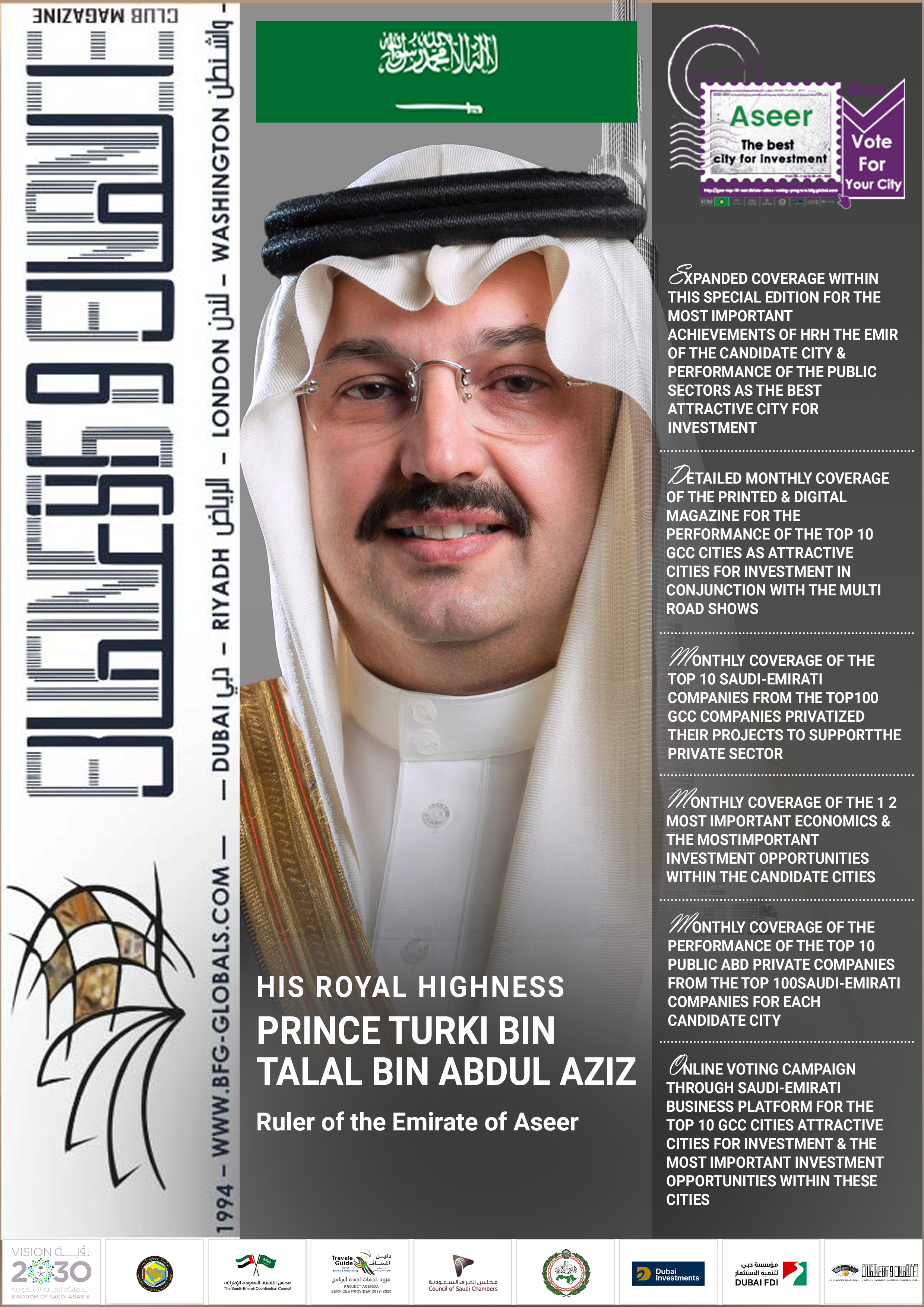
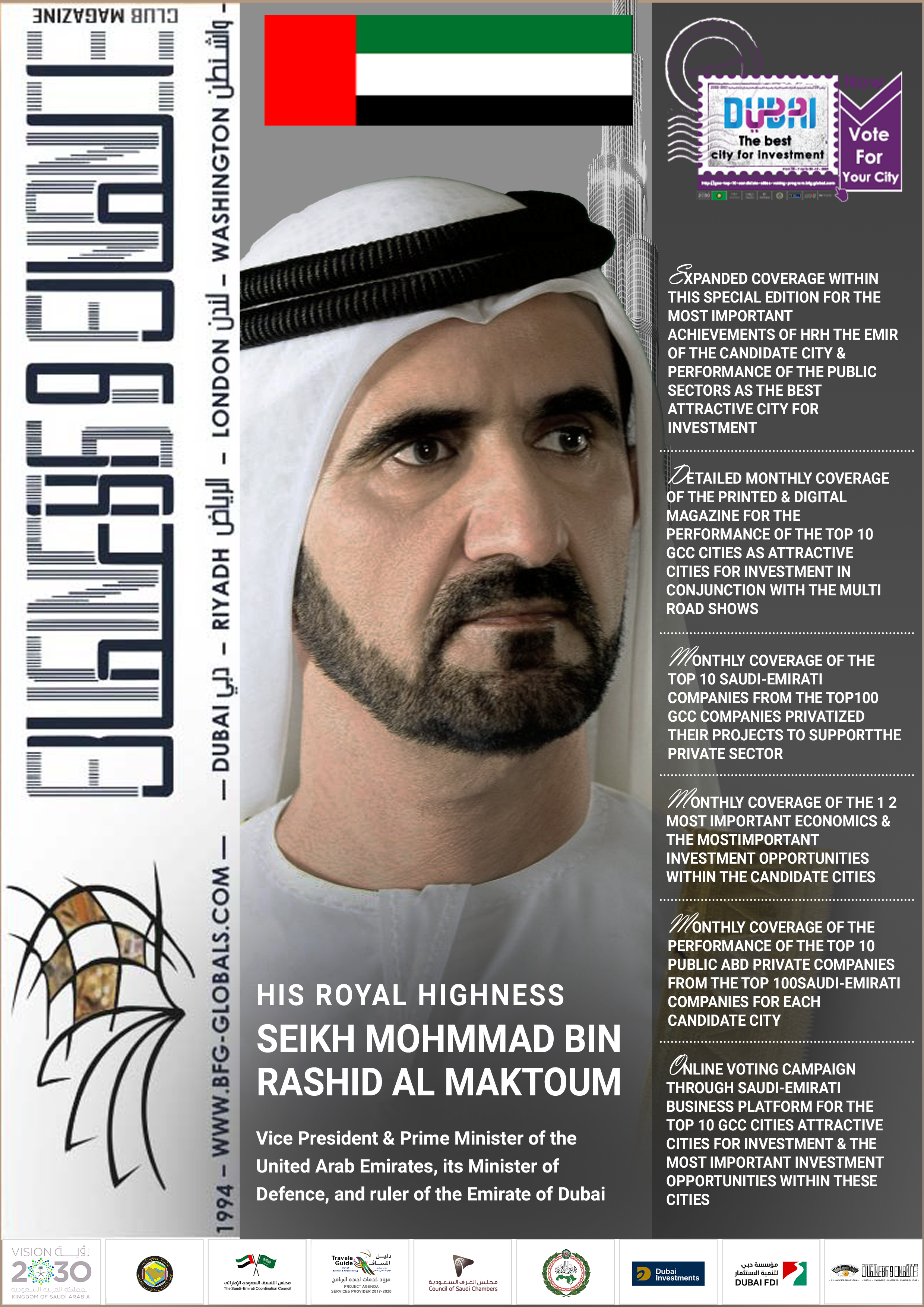
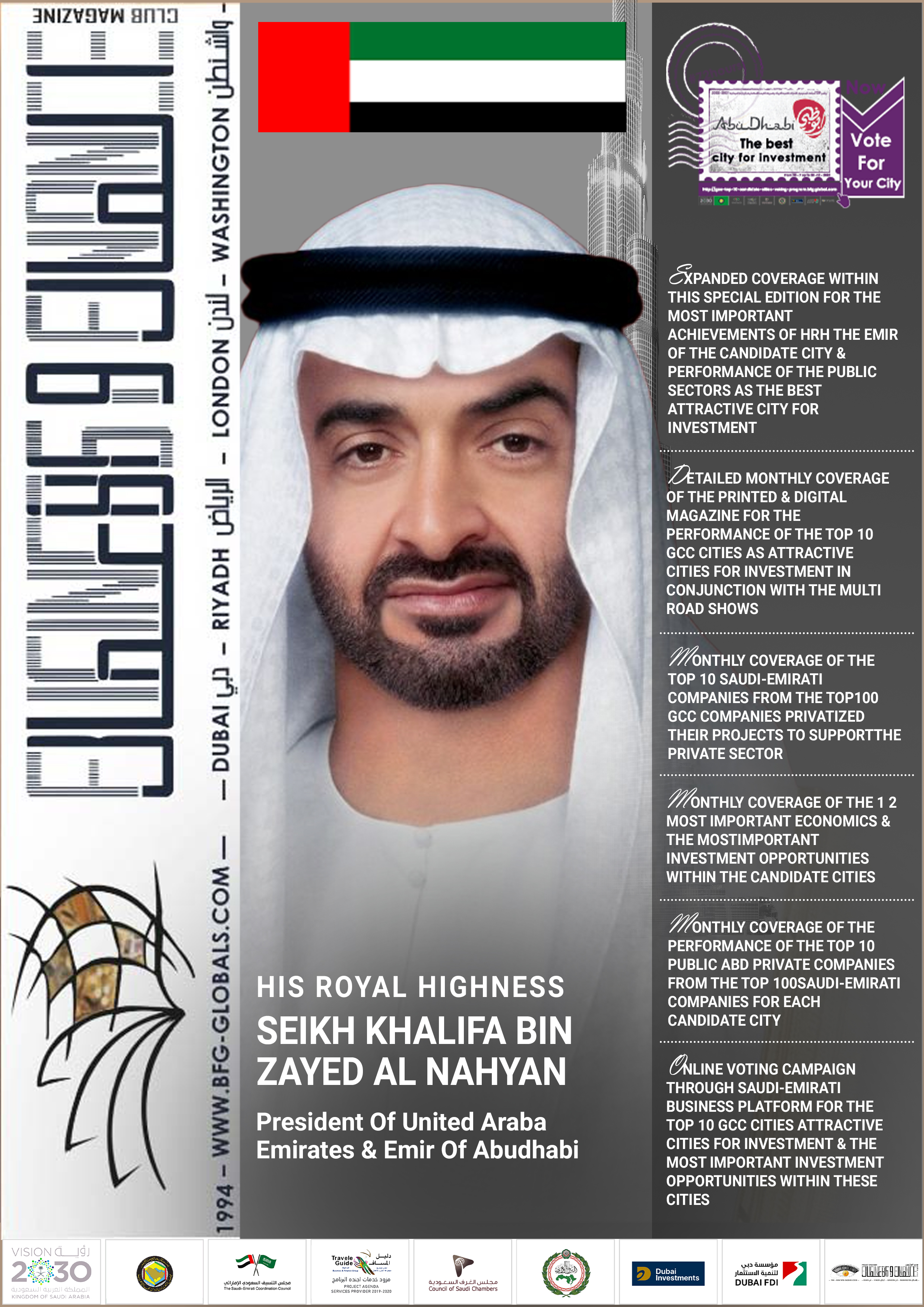
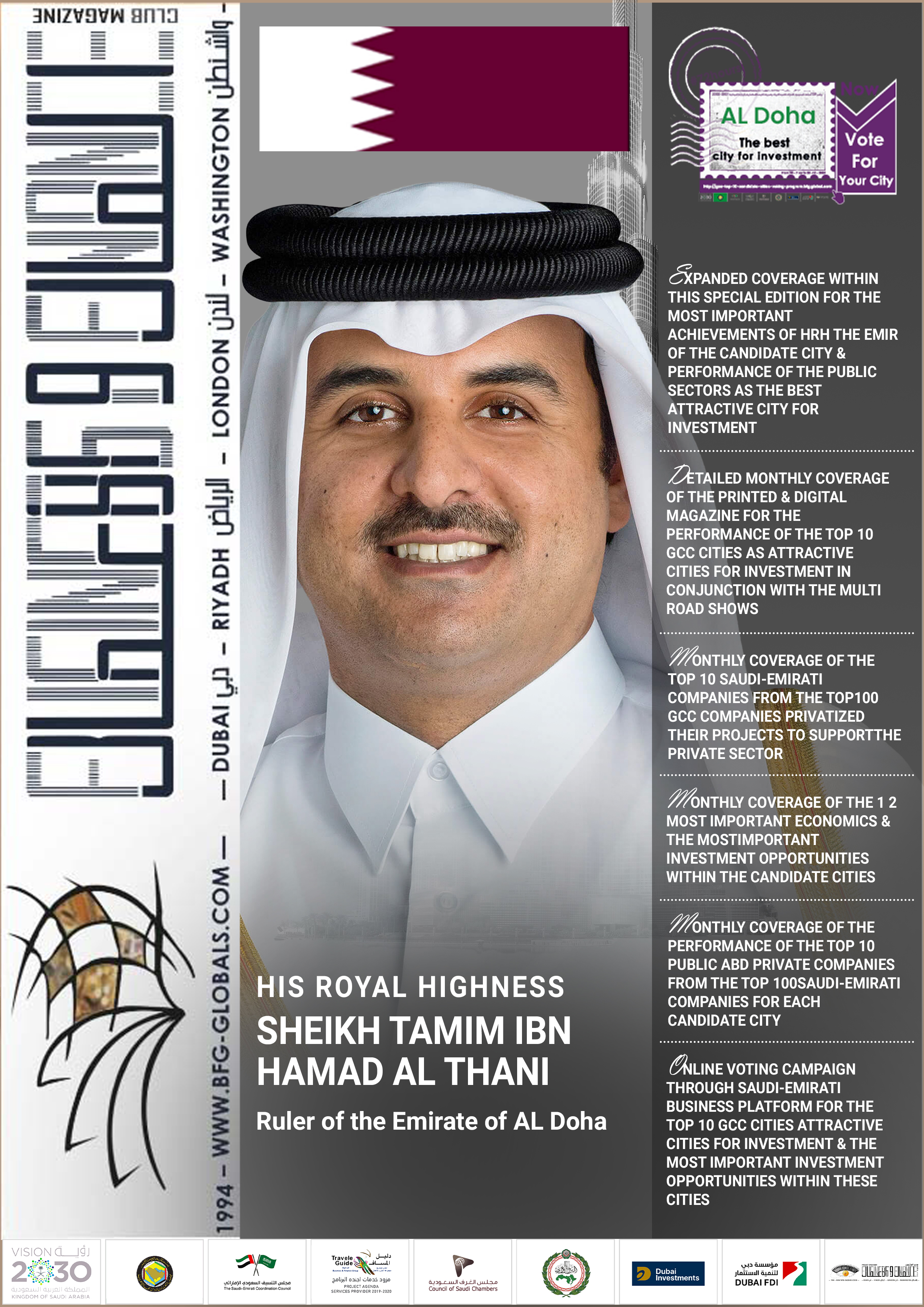
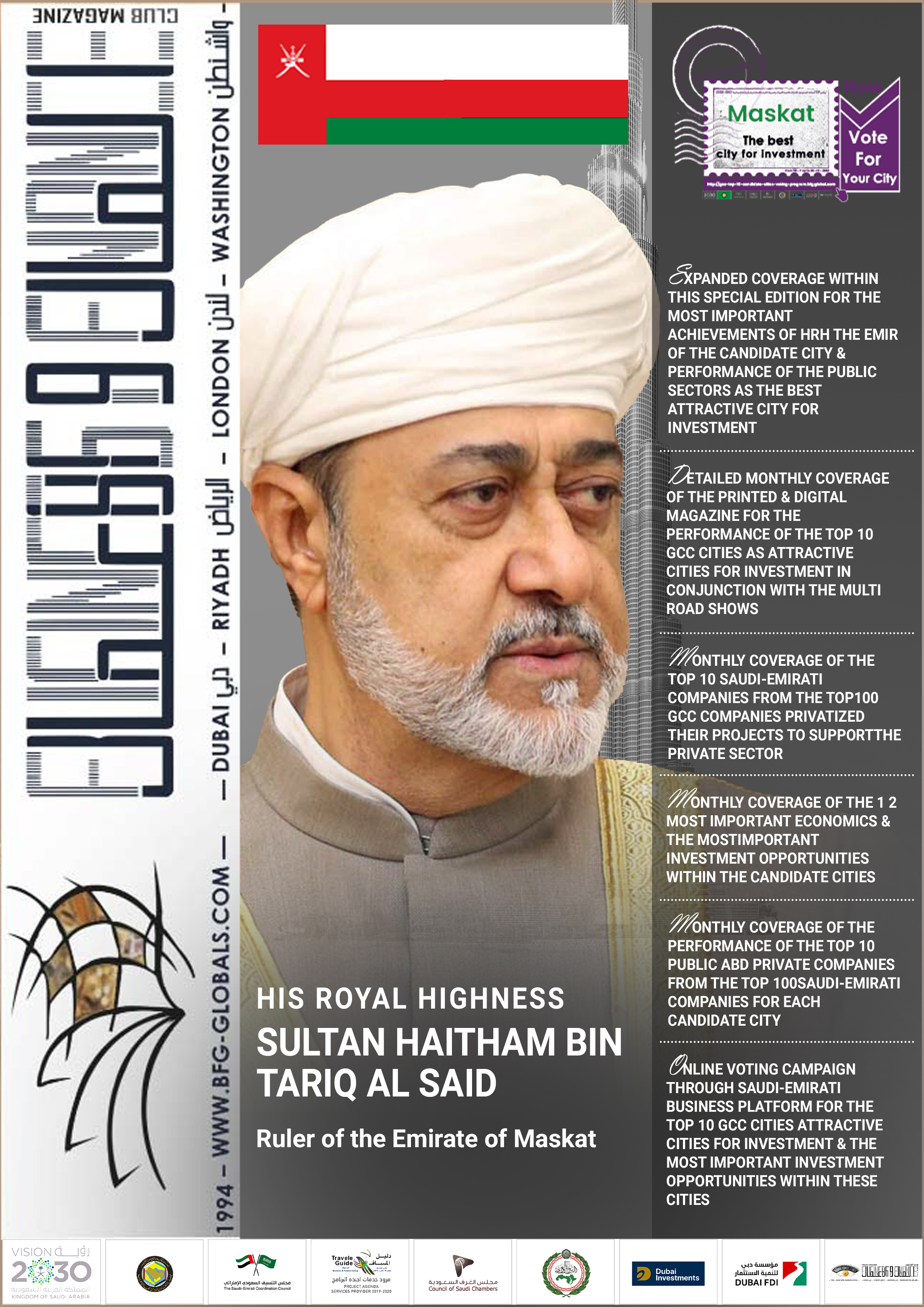
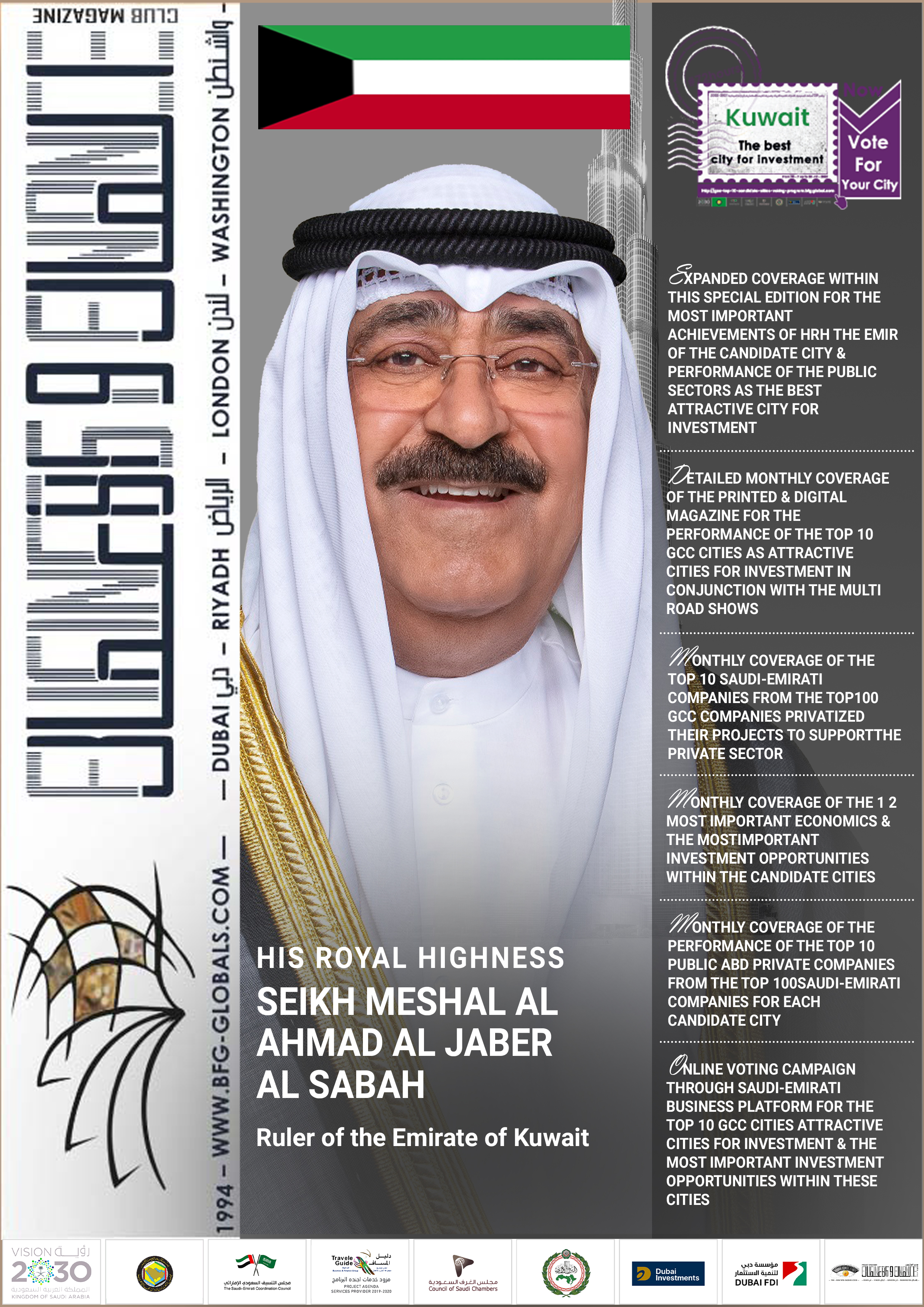
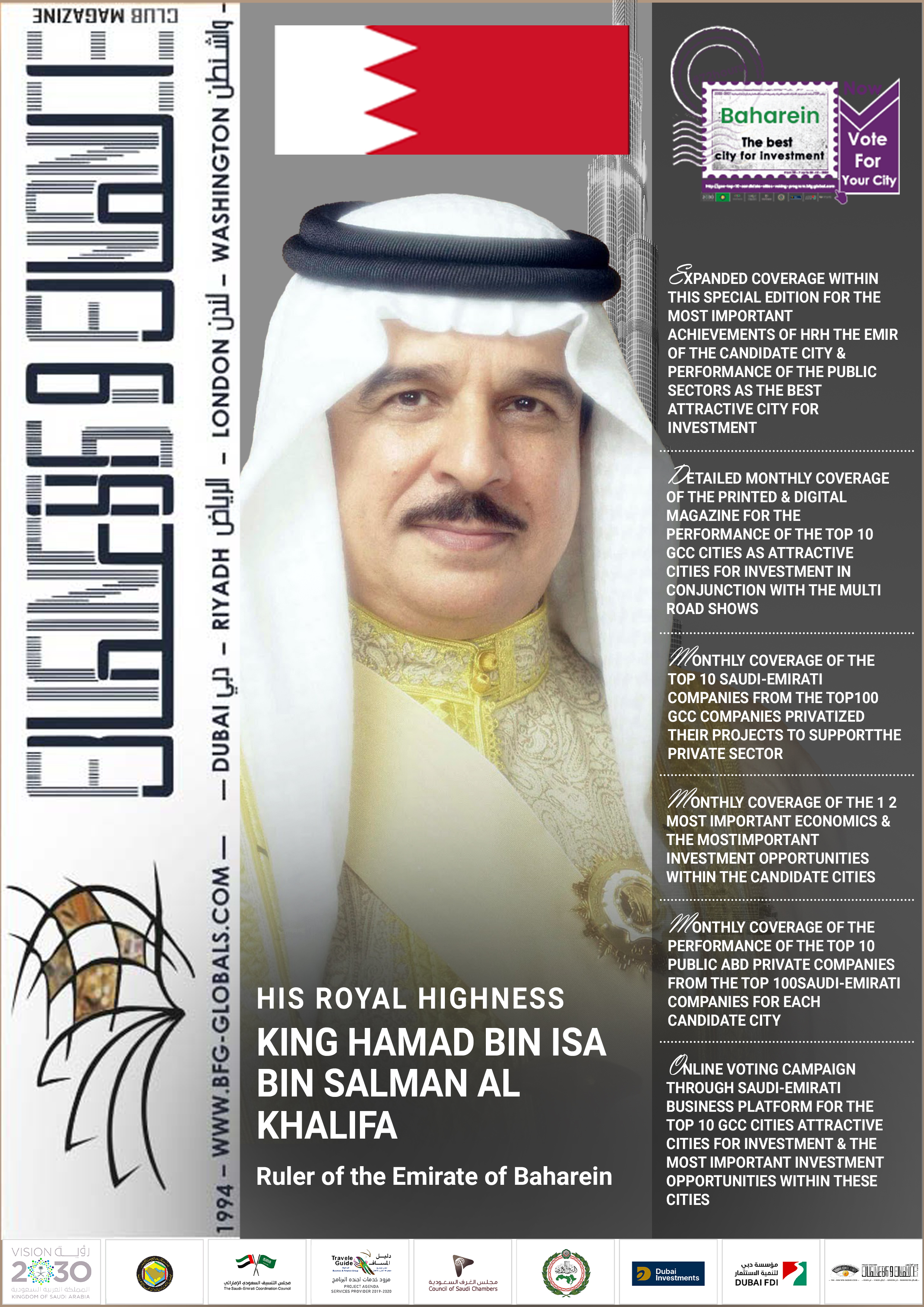
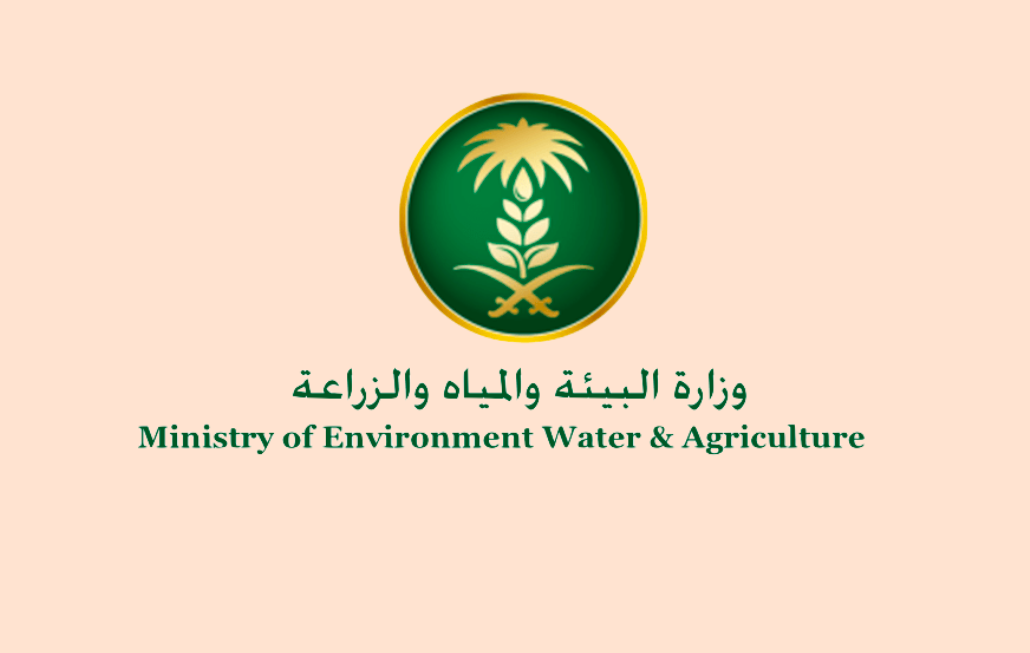

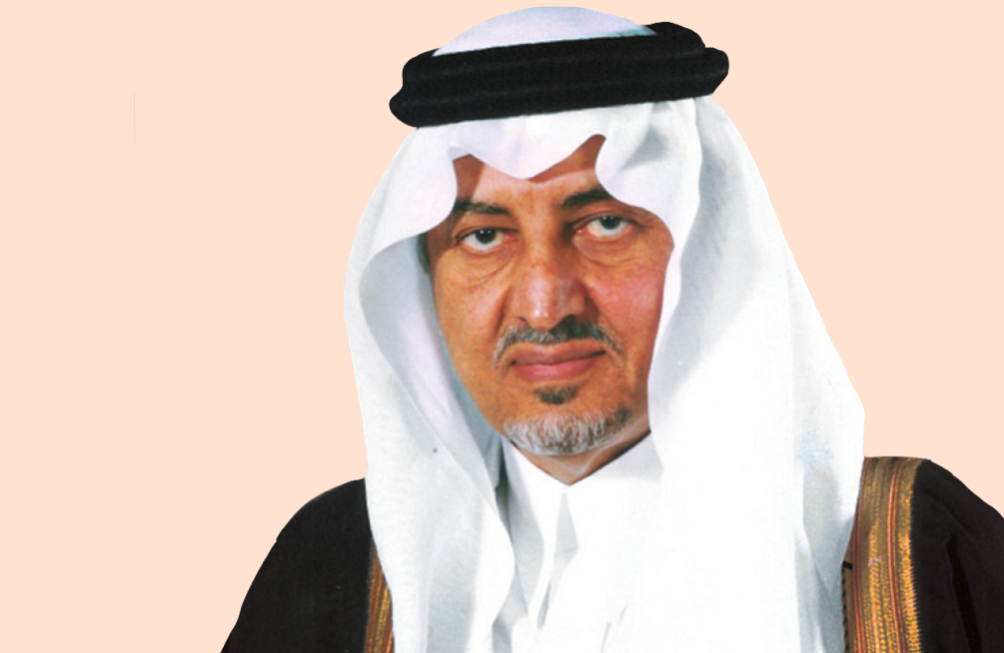




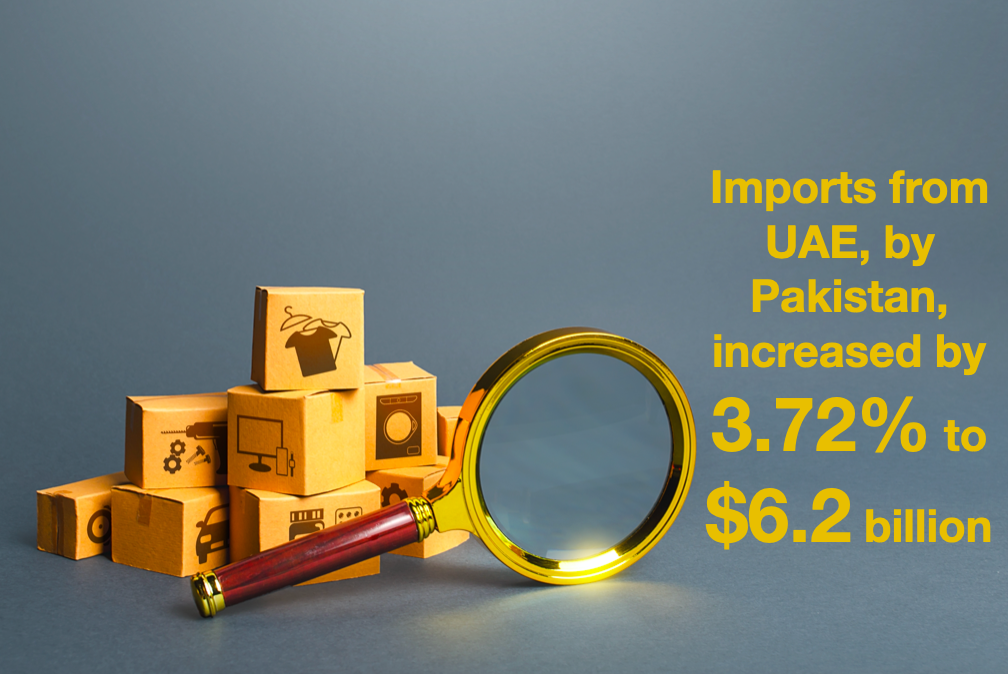
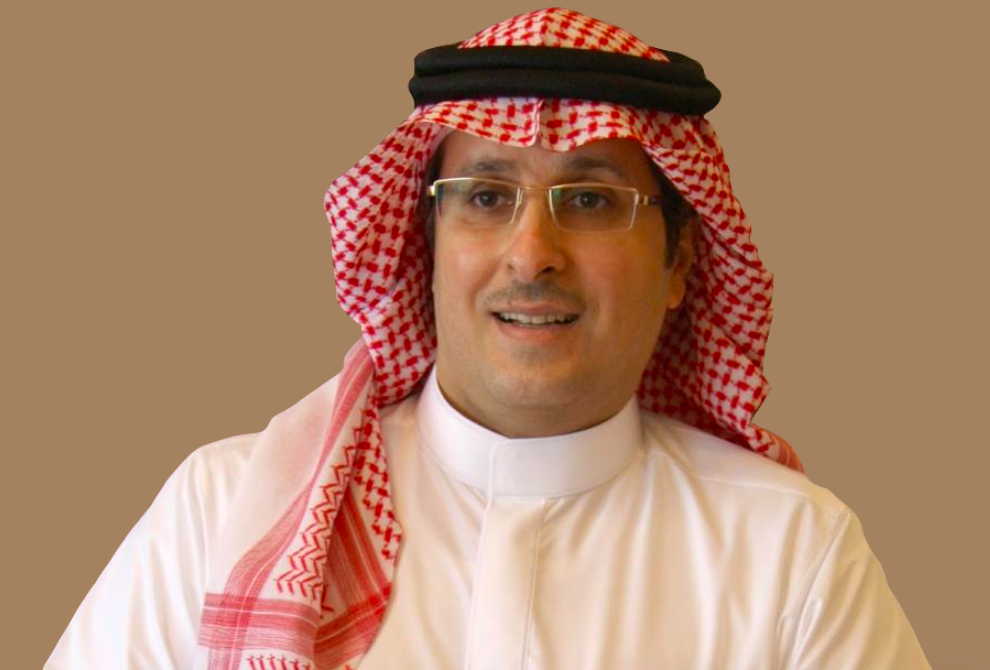
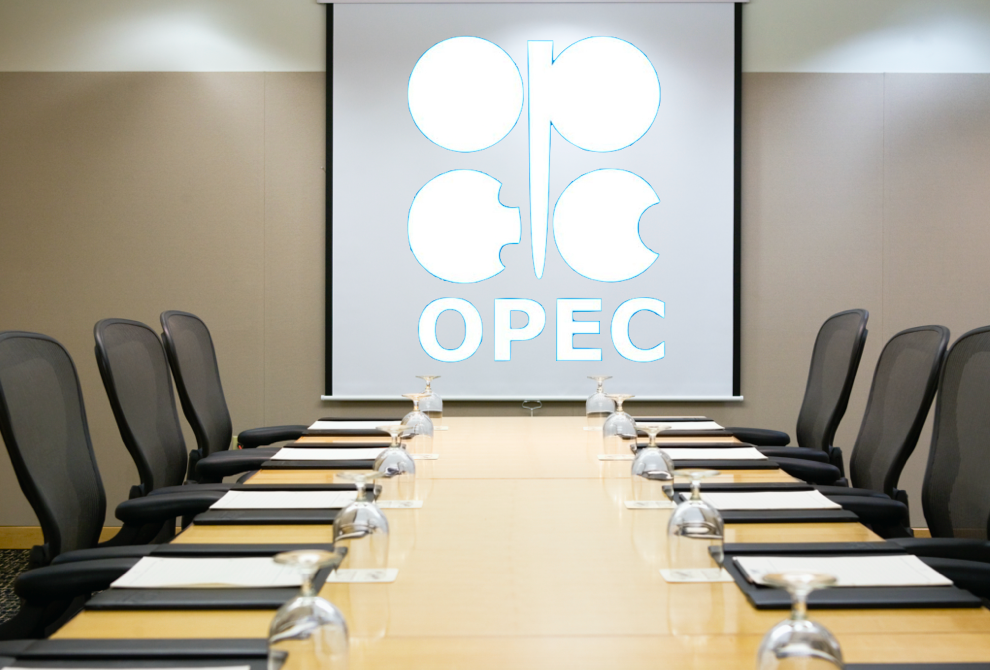


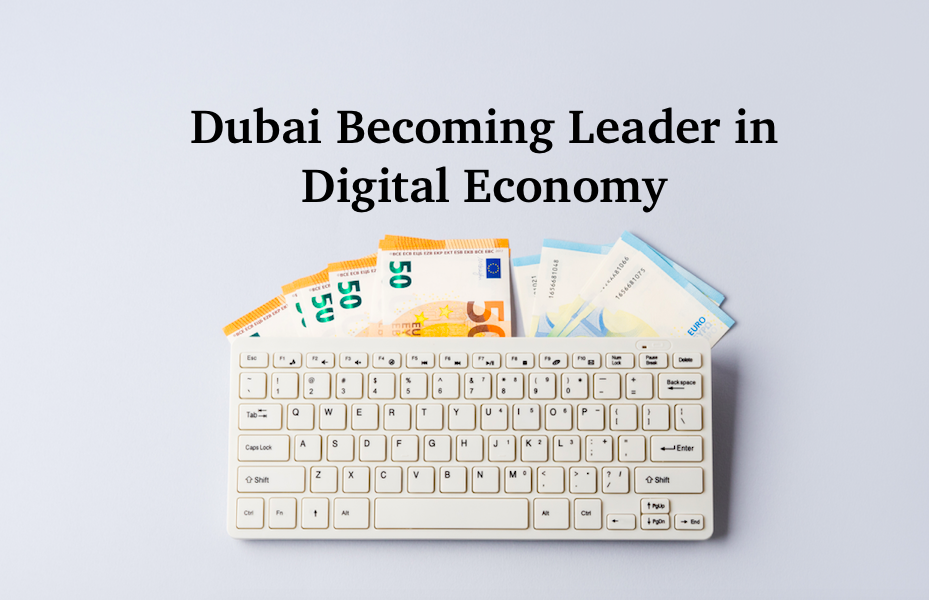
CONNECT WITH US: